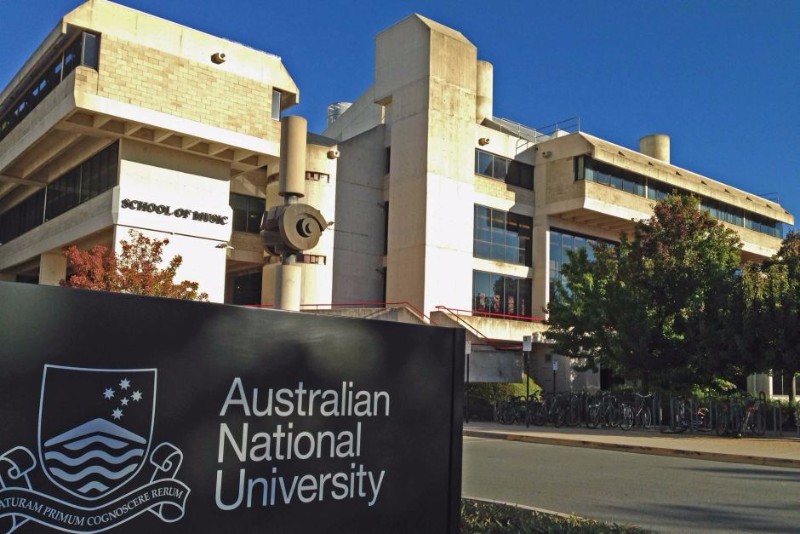The study Read more [...]
Science Communication
Course Category: Master and Master of Science
-
Focus of Study
The Master of Science Communication is the ideal degree for people interested in becoming professional science communicators or communication managers. Many graduates have found careers as communication officers for scientific organisations such as the CSIRO, government departments, universities, businesses, NGOs, or in the media. Some have set up science media businesses or consultancy firms. Others work in centres for informal science learning across the world, such as science centres and museums. The Masters research project provides an opportunity to produce assessment tailored to the needs of particular organisations or employment sectors, and most coursework assessment can also be tailored to students’ interests, areas of expertise, and career ambitions.
Course Description
The Master of Science Communication is a postgraduate coursework degree program in science communication with a capstone research project. Taught by some of Australia’s leading science communicators, the program combines theoretical and practical aspects of science communication.
The standard Master of Science Communication is offered as a two year (four semester) degree if taken full time. Applicants with a prior qualification in a relevant area, including in the sciences, may be eligible for up to two semesters of credit, making it effectively a one year degree.
Learning Outcomes
Upon successful completion, students will have the skills and knowledge to
- Demonstrate mastery of the theoretical knowledge underpinning science communication practice
- Identify, apply and evaluate science communication strategies for diverse audiences, using a range of means, media, and technologies.
- Appraise and reflect upon the interaction of interests, contexts and people shaping science, including the social and ethical responsibilities of science and society in the modern world
- Develop appropriate qualitative and quantitative research tools and strategies to investigate, justify and interpret science communication theories, methods and conclusions
Program Requirements
The Master of Science Communication requires the completion of 96 units, which must consist of:
24 units from completion of the following compulsory courses:
SCOM7000 Master of Science Communication Research Project
SCOM8014 Communicating Science with the Public
A minimum of 36 units from the completion of courses from the following list:
SCOM6003 Science in Popular Fiction
SCOM6012 Science Communication and the Web
SCOM6016 Science in the Media
SCOM6027 Science and Public Policy
SCOM6029 Cross Cultural Perspectives in Science Communication
SCOM8015 Speaking of Science
SCOM8021 Ethics, Issues and Consequences of Science
SCOM8501 Strategies in Science Communication
SCOM6004 Science Communication Postgraduate Internship

